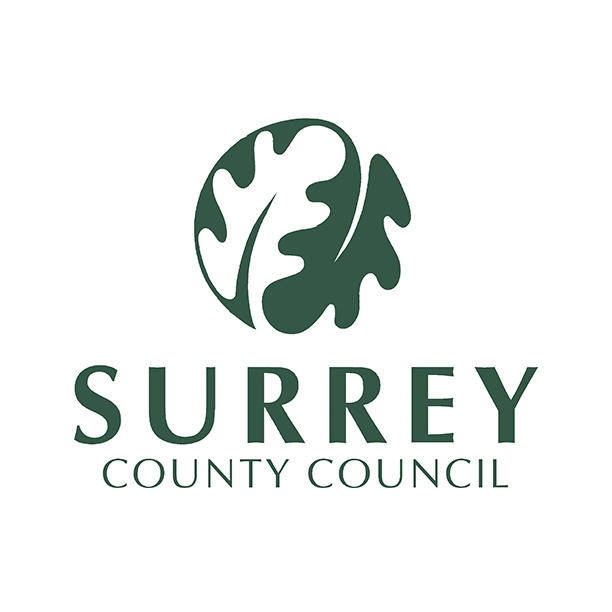-
14 Things We Wish People Knew About Autism
For Neurodiversity Celebration Week, we've asked people we support on our Autism Peer Support Group what they wished people understood about Autism.

-
Neurodiversity Celebration Week (17-23 March 2025) is a worldwide initiative that celebrates the strengths and talents of people with neurological differences as well as challenges stereotypes and misconceptions.
Neurodiversity refers to the different ways the brain can work, interpret and process information. Neurodivergence is often used as an umbrella term to include Dyslexia, Dyspraxia, Dyscalculia, Autism, ADHD and Tourette Syndrome.
Most people are neurotypical, meaning that the brain functions and processes information in similar ways to most of the population. Often our environment and systems are designed for neurotypical people and therefore how neurodivergent people interact with them daily can be challenging.
In this blog, we’ve asked people we support on our Autism Peer Support Group what they wished neurotypical people understood about Autism. This is what they have said:
1. Autistic people can be extremely anxious and overthink about things that may be insignificant for neurotypical people.
2. Autism is such a broad spectrum. If you’ve met one autistic person, you’ve met one autistic person.
3. We may not be aware of all the social rules and might find some quite strange.
4. Autism is not just Sheldon from The Big Bang Theory or Atypical. Autism in women can be very different to the stereotypical male.
5. Autism is very isolating, especially if you have masked your entire life and have neurotypical friends.
6. Work and relationships are very hard with autism. We are often misunderstood. Work can be exhausting due to the need to mask to appear professional. The expectations of us are not always possible. We experience burnout often.
7. Autism needs to be taught in schools, so neurotypical people can understand their peers better.
8. Autistic people can find change quite distressing.
9. Autism allows us to see the world on a deeper level. We clearly see the many faults and abnormalities of society. We also have great empathy. We can be very justice orientated.
10. Autistic people are more susceptible to mental health issues due to our obsessive mentality and rumination. We are constantly questioning everything. Therapies are often neurotypical based.
11. Autism is a beautiful thing and unfortunately not many neurotypicals appreciate the advantages that being autistic can bring to the table.
12. People compare us to the character in “Rain Man” all the time and think we are all quite niche things. What people don’t realise is we are actually quite diverse and multi-talented.
13. Autistic people all face frustrations in a neurotypical world where often it doesn’t feel there is enough space or time to allow us to feel comfortable to show up as our authentic selves.
14. We are hugely capable, empathetic, and compassionate but may not show that typically. Our communication is still valid even if it is not considered binary by people who don’t have the same communication approach.
What is Autism?
Autism is a lifelong developmental condition which affects how people communicate and interact with the world. More than one in 100 people are on the autism spectrum and there are around 700,000 autistic adults and children in the UK.
For more information about Autism, please visit the National Autistic Society’s website.
Autism Peer Support Group
Mary Frances Trust runs an Autism Peer Support Group for Adults in Epsom. These sessions are for autistic adults aged 16+ who live independently and wish to meet others to learn and share experiences with them as well as learn how to support their own mental health.
The group runs weekly on Mondays, 10am-12pm at the Brickfield Centre, Portland Place, Epsom KT17 1DL.
To book your place, you first need to register as a client of Mary Frances Trust via our online registration form. Then contact our office to say you would like to attend this group at info@maryfrancestrust.org.uk or call 01372 375 400 or text 07929 024 722 (SMS service only). If you would like some support filling in our registration form, please contact our office and we will help you to do so.
Want to write a blog for us?
If you’d like to share your mental health journey with us via a blog, a video, a poem, a song – whatever form speaks to you most – please contact Connie, our Communications Lead, at connie@maryfrancestrust.org.uk. Please note we do not accept submissions from professional bloggers – our platform is reserved to our clients, volunteers, staff and supporters.
Share






